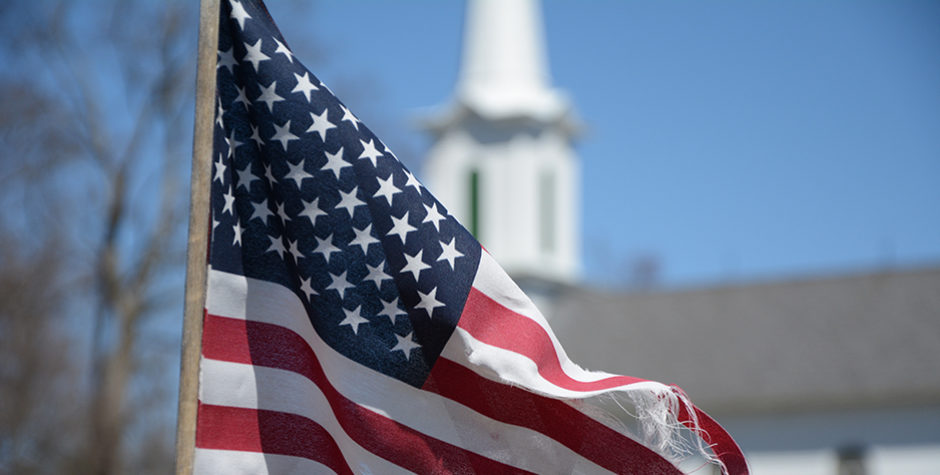How a Recent Executive Order and FEC Statement Impact the Johnson Amendment’s Continued Impediment to the Church
The Johnson Amendment is the controversial provision in the U.S. tax code that prohibits all 501(c)(3) non-profit organizations from participating or intervening in “any political campaign on behalf of (or in opposition to) any candidate for public office.”
As it relates to churches and other houses of worship, essentially, the Amendment means that while faith leaders are free to discuss political issues, or to endorse candidates in their personal capacities, they cannot, in their official capacities, directly support or oppose any candidates for office. While enforcement has generally been lax since the passage of the Amendment, in theory a violation could result in the revocation of an organization’s tax-exempt status and the imposition of excise taxes.
Critics have long argued that the Johnson Amendment creates an unconstitutional infringement on the First Amendment rights of churches and pastors, while supporters on the Left claim that it merely separates partisan politics from overtaking and dividing the charitable sector. The ACLJ has long fought against this anti-free speech Amendment, urging its repeal.
Every election season brings with it some renewed interest in and questions about the applicability of the clause, and this year has been no different. Recent comments from the Chair of the Federal Election Commission suggested that Church leaders could safely ignore the Amendment and feel free to endorse candidates for election, while some of his colleagues have pushed back on this notion.
The most recent disputes revolve around President Trump’s 2017 Executive Order on Promoting Free Speech and Religious Liberty. While the Johnson Amendment is still technically on the books, among other things, the President’s order directs the government “not to take adverse action against religious organizations that it would not take against other organizations in the enforcement of these restrictions.”
For an in-depth look at the history and policy behind the current Johnson Amendment debates, please see: Mark A. Goldfeder, Michelle K. Terry, To Repeal or Not Repeal: The Johnson Amendment, 48 U. Mem. L. Rev. 209, 211 (2017).
For more on the ACLJ’s fight against the unconstitutional Johnson Amendment, please see: How the Johnson Amendment Threatens Churches’ Freedoms.
